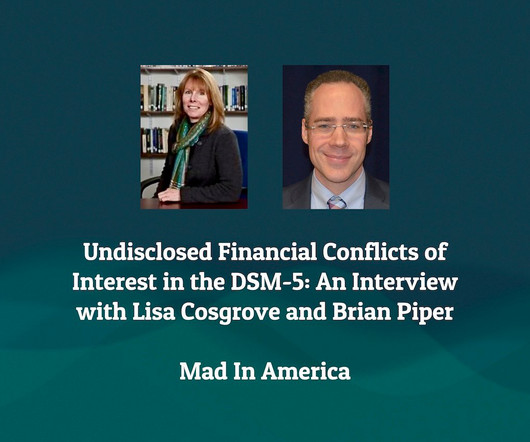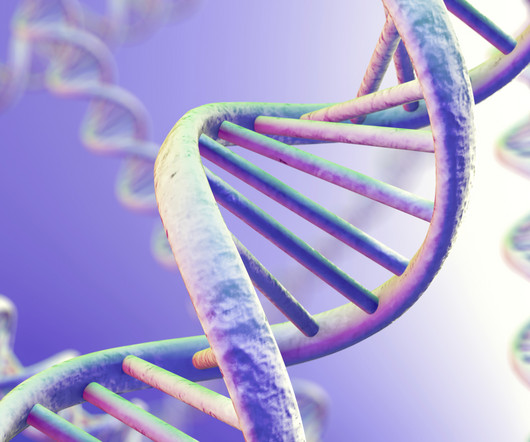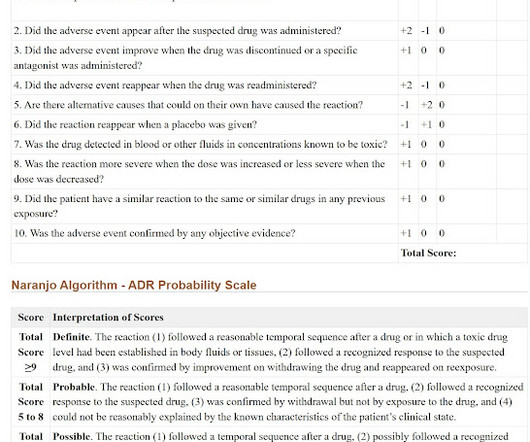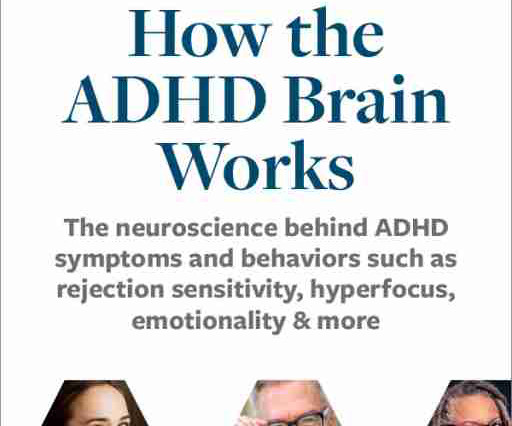Critical Psychiatry Textbook, Chapter 16: Is There Any Future for Psychiatry? (Part Six)
Mad in America
NOVEMBER 13, 2023
In the protocol for my study, I noted that the textbooks should mention that the causes of psychiatric disorders are mainly environmental, and not genetic or related to a visible brain abnormality. In 2012, the US Centers for Disease Control reported that 25% of Americans have a mental illness. 695 This is sickening.



















Let's personalize your content